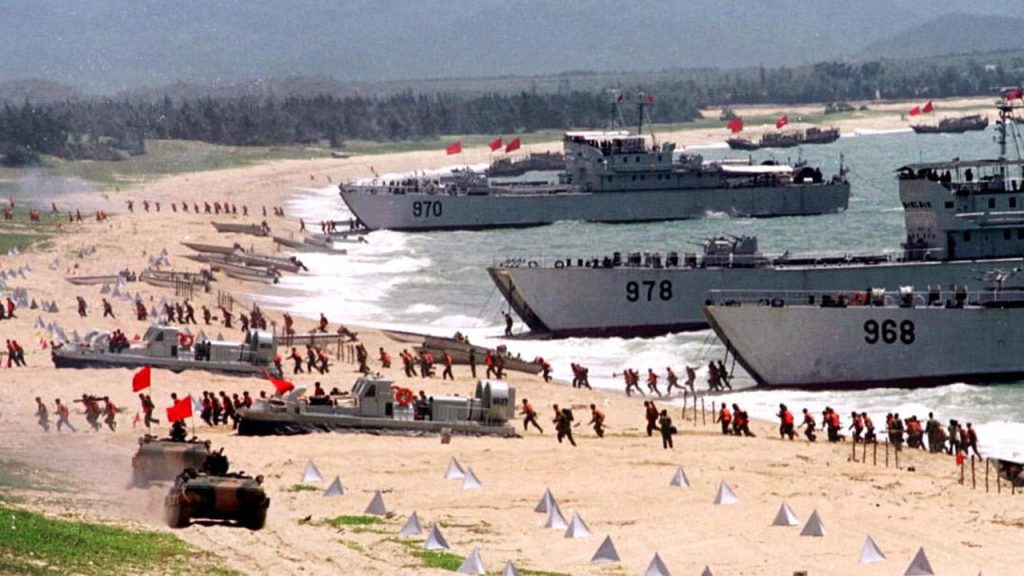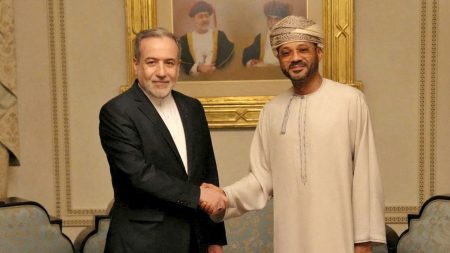Taiwan’s Energy Dilemma: Nuclear Power Referendum in the Shadow of China
Taiwan stands at a critical energy crossroads as voters head to the polls this Saturday to decide whether to revive nuclear power capabilities on the island. This referendum comes at a time of heightened vulnerability, with Taiwan’s last nuclear plant—the Maanshan Nuclear Power Plant—having shut down in May, fulfilling the ruling Democratic Progressive Party’s 2016 pledge to phase out nuclear power by 2025. This decision, initially motivated by safety concerns following Japan’s 2011 Fukushima disaster, has created what security experts now describe as a dangerous Achilles’ heel in Taiwan’s defense posture against China.
The stark reality of Taiwan’s energy situation is concerning: the island imports up to 97% of its energy needs, with fossil fuels constituting over 90% of its energy usage. Renewable energy sources account for merely 7%. Before the gradual phase-out, nuclear power had been a significant contributor to Taiwan’s energy mix, providing nearly 12% of the island’s needs in 2011. This figure dropped to approximately 9.5% by 2021 and further declined to just over 4% by 2022, before being completely eliminated this year. This dramatic shift has left Taiwan increasingly dependent on energy imports from countries like the United States, Australia, Saudi Arabia, and Qatar for both Liquefied Natural Gas and crude oil—a dependency that security experts warn could be easily exploited by China in a conflict scenario without “firing a single shot,” as Craig Singleton from the Foundation for Defense of Democracies pointedly noted during a recent media call.
The referendum takes place within a complex global context where attitudes toward nuclear power remain divided. Some nations, particularly in Europe, have embraced nuclear energy as a solution to reduce carbon emissions amid growing climate change concerns. Conversely, countries like Germany have taken a strong anti-nuclear stance, phasing out nuclear power entirely in 2023, citing potential catastrophic consequences like those witnessed following the 1986 Chernobyl disaster. Taiwan’s situation, however, differs significantly due to its precarious geopolitical position. Critics of nuclear power point to recent conflicts, such as Russia’s invasion of Ukraine and the subsequent fight over the Zaporizhzhia nuclear power plant, as evidence of the security risks associated with maintaining active nuclear facilities during wartime. Yet, experts counter that Taiwan would likely exhaust its oil reserves within days or weeks if China implemented a blockade—a scenario where nuclear power could provide a crucial alternative energy source.
The strategic importance of energy security cannot be overstated in Taiwan’s case. As Singleton argues, “Nuclear power does, in my view, change that calculus, providing a lot of continuity under coercion, and I think it really complicates Beijing’s playbook.” The ability to maintain energy independence during a potential Chinese blockade could significantly alter the power dynamics between Taiwan and mainland China. Beijing’s capacity to leverage its maritime dominance, legal warfare, and cyber tools to disrupt Taiwan’s energy supply represents a non-kinetic method of testing the island’s political resilience. This strategy aligns with China’s broader approach of applying pressure on Taiwan through various means short of direct military confrontation.
The Ukrainian conflict offers valuable insights into how energy infrastructure becomes a strategic target during wartime. Russia’s targeting of Ukraine’s power grid demonstrates how quickly energy vulnerabilities can undermine a country’s resistance and force concessions. “Ukraine shows that energy is one of the fastest ways to undermine a country’s will. And obviously Russia targeted power to free cities and to fracture cohesion and to force concessions,” Singleton explained, adding, “I think Beijing is absolutely studying that playbook.” This pattern suggests that China might adopt similar tactics in any future conflict with Taiwan, making energy security not merely an economic or environmental concern but a fundamental national security imperative.
As Taiwan voters prepare to cast their ballots, the referendum represents more than a simple policy choice about energy sources—it reflects a profound decision about national resilience in the face of growing Chinese pressure. Security experts emphasize that regardless of the referendum outcome, Taiwan needs to rapidly diversify its energy portfolio to reduce vulnerabilities. As Singleton recommends, “The U.S. needs to help Taiwan diversify fast, cut exposure to vulnerable suppliers like Qatar, and probably prepare for a contest of endurance because I think that’s exactly how China is thinking about this issue.” This guidance acknowledges Qatar’s close relationship with China and its significant LNG exports to Beijing, highlighting the complex web of international energy relationships that Taiwan must navigate. The referendum thus stands as a critical moment in Taiwan’s ongoing efforts to maintain its autonomy and security in an increasingly challenging regional environment.















